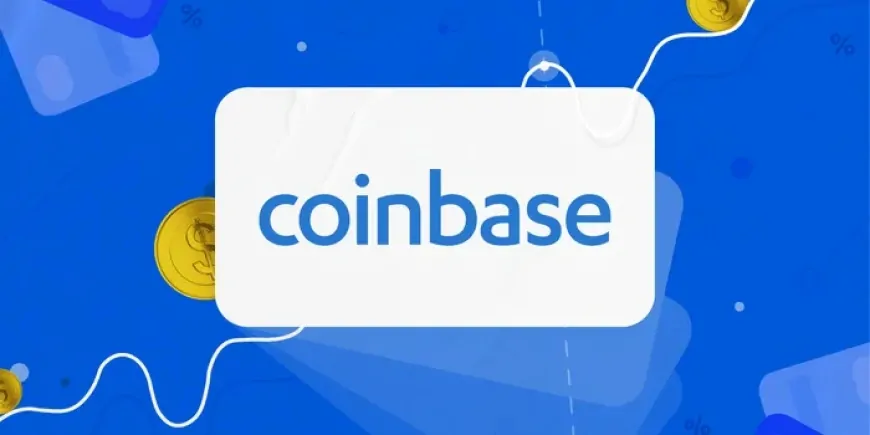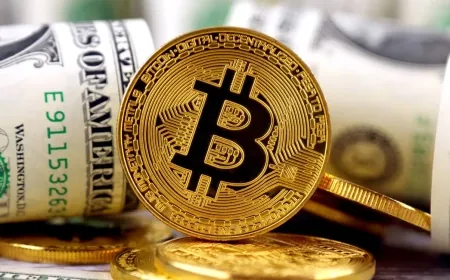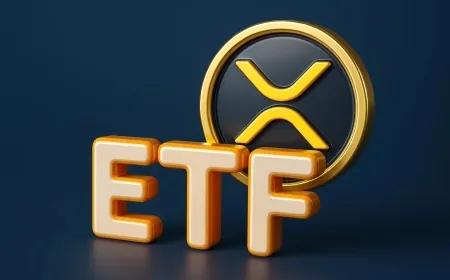Coinbase Removes Fees for PayPal's PYUSD to Boost Crypto Payments
Coinbase drops fees on PayPal’s PYUSD to push stablecoin payments, enabling easy USD conversion and faster crypto transactions.

Coinbase has officially waived all transaction fees for PayPal’s stablecoin, PYUSD, marking a strategic step in the evolution of digital payments. Users can now trade, send, and redeem PYUSD for U.S. dollars on Coinbase without incurring any additional cost, making the process of using crypto for real-world transactions far more efficient.
The move is the result of a direct partnership between PayPal and Coinbase aimed at making stablecoin payments more functional within daily commerce and business operations. With traditional payment systems still facing high transaction fees and processing delays, this collaboration offers merchants and consumers a modern, blockchain-powered alternative that settles funds faster, at reduced cost.
Seamless On-Ramp and Off-Ramp for PYUSD
One of the core barriers to stablecoin adoption has been the lack of affordable and frictionless on-ramps (converting fiat to crypto) and off-ramps (converting crypto back to fiat). This integration solves both sides: users can now move PYUSD into their Coinbase accounts, use it as a medium of exchange, and cash out directly to U.S. dollars without fee-based penalties.
This is especially valuable for freelancers, international contractors, and small businesses that prefer crypto for its global reach but have struggled with inefficient withdrawal systems and added fees.
Direct Stablecoin Settlement for Merchants
Merchants operating on PayPal’s platform will now have the option to settle transactions directly in PYUSD, eliminating multiple layers of processing usually associated with credit cards or third-party banks. This capability is crucial for high-volume merchants who rely on fast cash flow and can benefit from blockchain-based settlement with near-instant confirmation times.
Beyond speed, the integration also creates transparency in how funds move—something that can improve accounting, reduce fraud risks, and support automated financial reporting for merchants dealing with large volumes of digital payments.
Competing With USDC for Real-World Utility
Until this development, Coinbase reserved zero-fee privileges for Circle’s USDC, currently one of the top two stablecoins by market cap. By adding PYUSD to the same tier, Coinbase is giving PayPal’s token equal standing, suggesting that it sees long-term value in supporting more than one institutional-grade stablecoin.
With a current market cap of around $872 million, PYUSD still trails USDC significantly—but this partnership increases its competitive positioning. More importantly, it gives users a reason to consider PYUSD not just as a bridge between crypto tokens, but as a viable tool for business transactions and personal payments.
Expanding Into Institutional and DeFi Use Cases
Coinbase and PayPal are also looking ahead to new use cases beyond retail and small business payments. Both companies have expressed interest in integrating PYUSD into decentralized finance (DeFi) protocols. These platforms offer financial services such as lending, borrowing, and yield generation—all without relying on traditional banks.
Adding PYUSD to DeFi platforms could increase liquidity and open new avenues for institutional involvement in blockchain-based finance. For institutional users, the combination of regulatory clarity (via PayPal) and technical scale (via Coinbase) creates an environment where risk is reduced and access is streamlined.
Policy Support Could Speed Up Adoption
The timing of this integration is notable, as U.S. lawmakers are moving closer to enacting a federal regulatory framework for stablecoins. With bipartisan progress in both the House and Senate, and support from the White House to pass legislation by August, the environment for regulated digital currency payments is becoming more favorable.
A clear legal structure could attract banks, fintech firms, and enterprise platforms that are waiting for policy assurance before adopting stablecoins. In this context, Coinbase and PayPal’s move positions PYUSD as a fully compliant, easy-to-use digital payment solution ahead of likely regulatory tailwinds.
How This Deal Makes Crypto Easier to Use for Payments
This is more than a fee waiver—it’s a long-term positioning play. Coinbase wants to lead the stablecoin payments market, and PayPal wants to anchor its crypto ambitions in a practical, widely accepted token. Together, they are building infrastructure that allows individuals, merchants, and institutions to treat stablecoins not just as crypto assets but as reliable financial instruments.
If successful, this could redefine how money moves online—faster, cheaper, and without depending on traditional banking rails. For merchants seeking faster settlement, for users tired of conversion fees, and for platforms looking to innovate financial services, this partnership is a clear signal: stablecoin payments are no longer a future concept—they are being deployed now.
Also Read: Coinbase Users Lose $46M in Phishing Scams – How Hackers Are Targeting Crypto































































